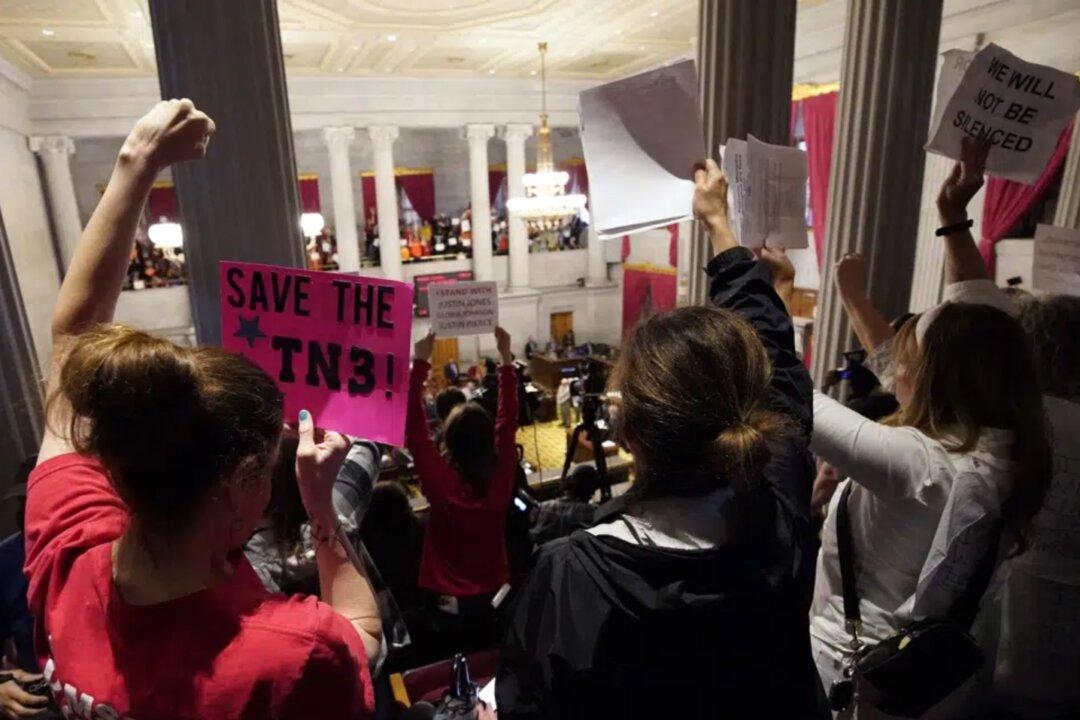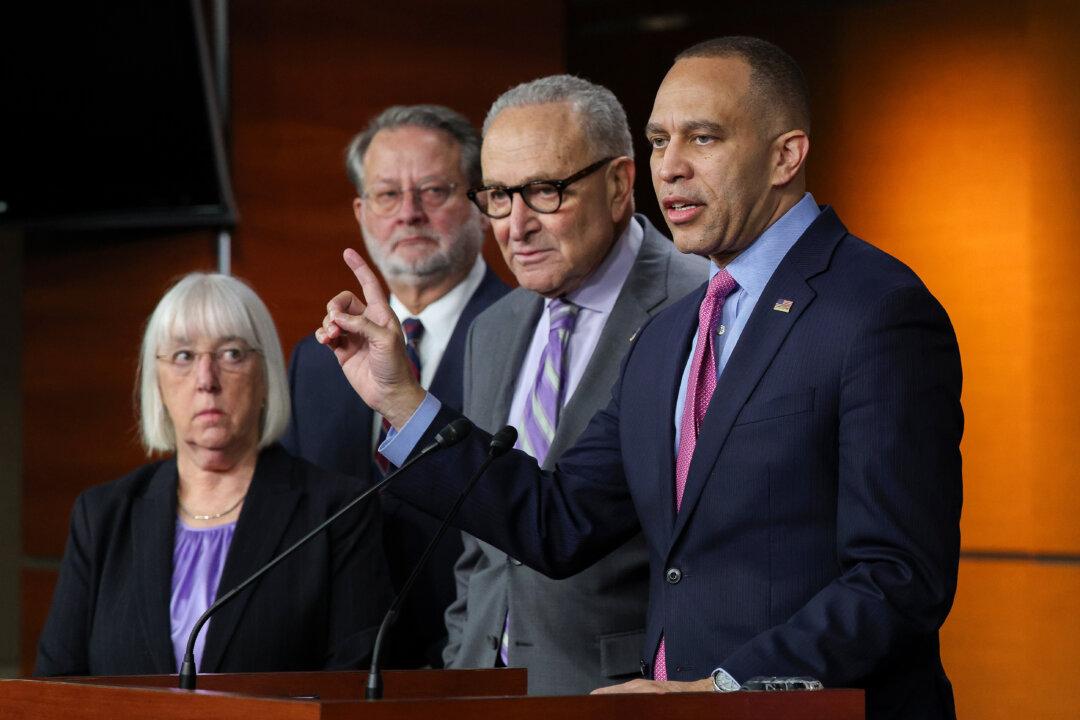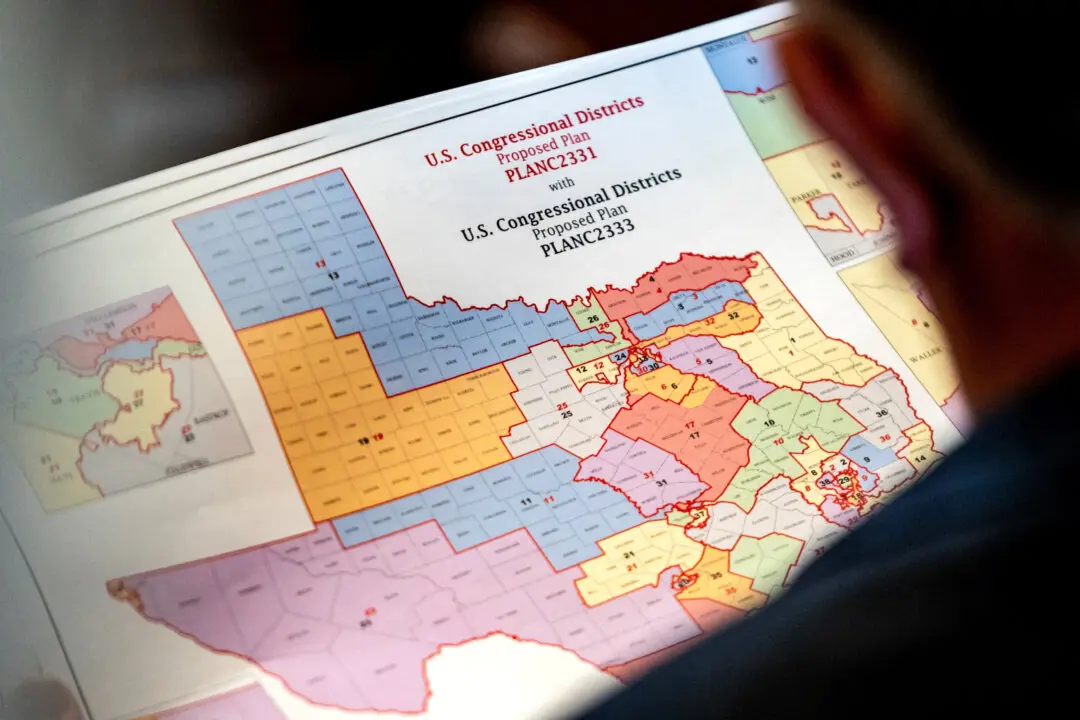A bill adding a $230 million influx of funding for school safety at public and private schools across Tennessee was signed into law by Gov. Bill Lee, a Republican, on May 10.
“Nothing is more important than Tennessee students and teachers returning home from school safely each day,” Lee said in a statement. “Every year since 2019, we’ve worked with the General Assembly to prioritize school safety, and this year, we’ve passed significant measures to fund an armed SRO for every public school, enhance mental health support and boost physical security at public and private schools across Tennessee.”





